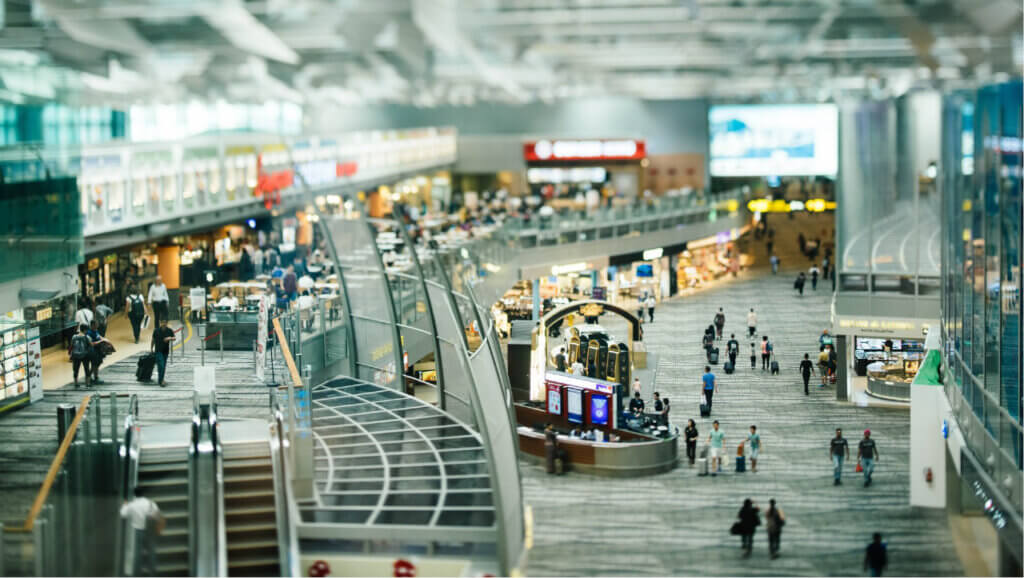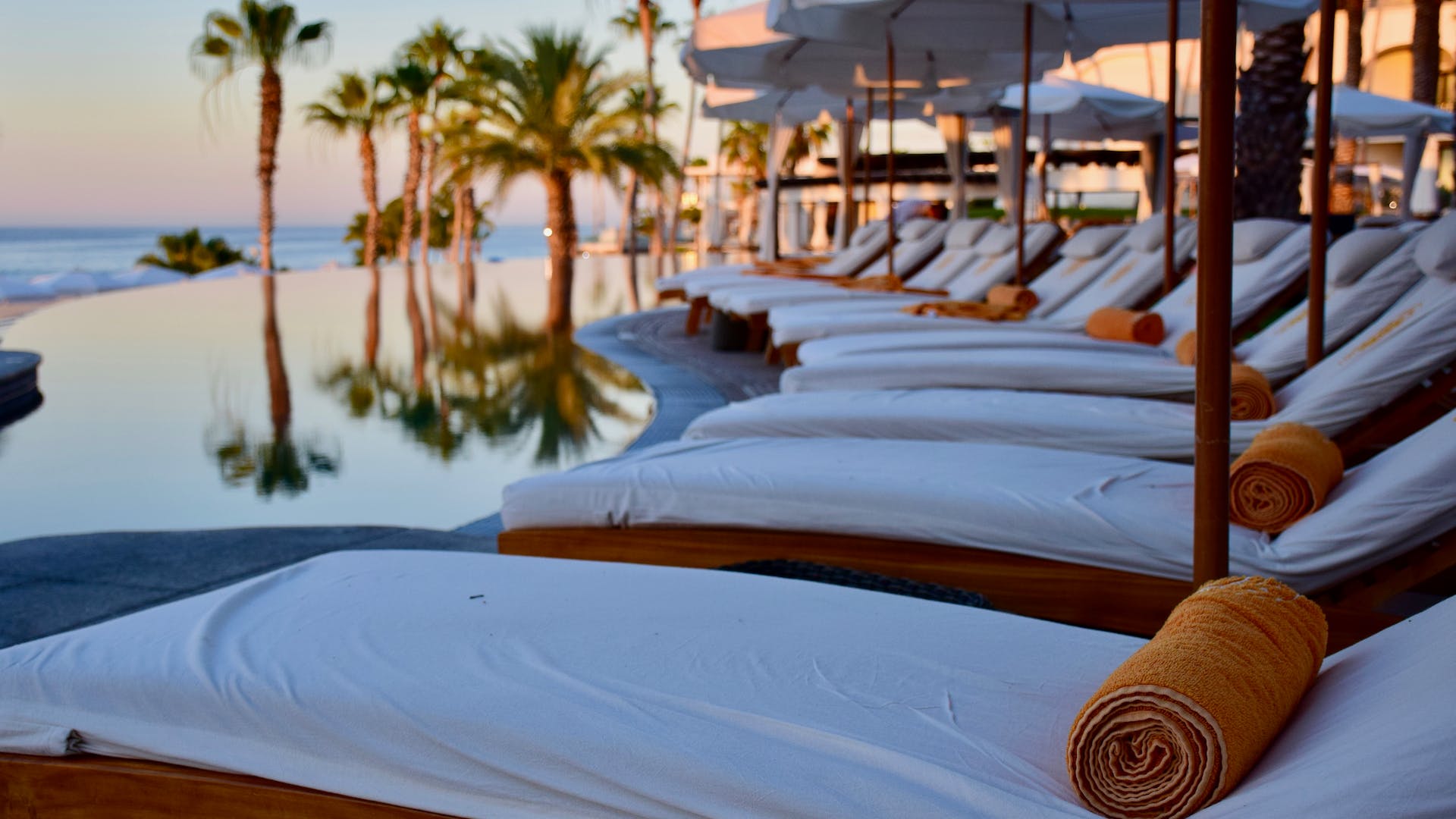
Undoubtedly, leisure travel has created the most cause for celebration since recovery began from the global pandemic.
NB: This is an article from STR
However, to reach the next phase of performance recovery, the hotel industry needs business travel and groups to return in a big way. There have been early signs of that return in the U.S., and fortunately, the latest data for Europe indicates a similar return may be on the way. In-person conferences and events are slowly taking place across Europe as international travel restrictions continue to ease, such as the long-awaited end to the U.K. amber list on 4 October.
Subscribe to our weekly newsletter and stay up to date
In-person life is back, or is it?
As in-person conferences and events slowly take place across Europe, weekday occupancy indexes in four of Europe’s key business markets are closing in on 50% of pre-pandemic occupancy levels. Most notably in Madrid, weekday occupancy was 73% of the comparable 2019 level in early October.
For comparison, Brussels’ 48% weekday occupancy for the week ending with 16 October was its highest since the last week of August.

In terms of average daily rate (ADR), weekdays have fared better with the exception of Brussels, a sign of relatively strong demand since ADR indexes have a taken a hit since summer’s end. For the week ending 16 October, Madrid and London reached 89% and 85% of 2019 ADR levels, respectively, followed by Amsterdam (75%) and Brussels (70%).
Go Group Go!
Groups have started to return very slowly to major cities. While looking at Luxury and Upper Upscale class hotel occupancy for the week ending with 16 October, Amsterdam recovered 30% of its 2019 levels. Although levels are low when compared with the 2019 benchmark, they should be deemed a moderate success considering the difficulties for group demand in the past year.Image

At the same time, the percentage of group demand occurring on weekdays is pretty much the same as it was in 2019, just at a much lower level. Group data is showing actual, sustainable recovery.
Europe’s group demand is unlike the U.S., where hotels have reported strong group demand concentrated on weekends, which suggests that groups are largely leisure-based around weddings, youth sports, recreational groups, etc. That could mean that group recovery in the U.S. is more precarious.
Weekdays, hello old friend
Although “conference season” might not be coming anywhere close to 2019 highs, weekday occupancy in London continues to climb week over week while weekend occupancy stabilizes.
For the week ending with 16 October, weekday occupancy in London was 55.6%. For comparison, during that same week, the market showed a 62.5% weekend occupancy level.Image





